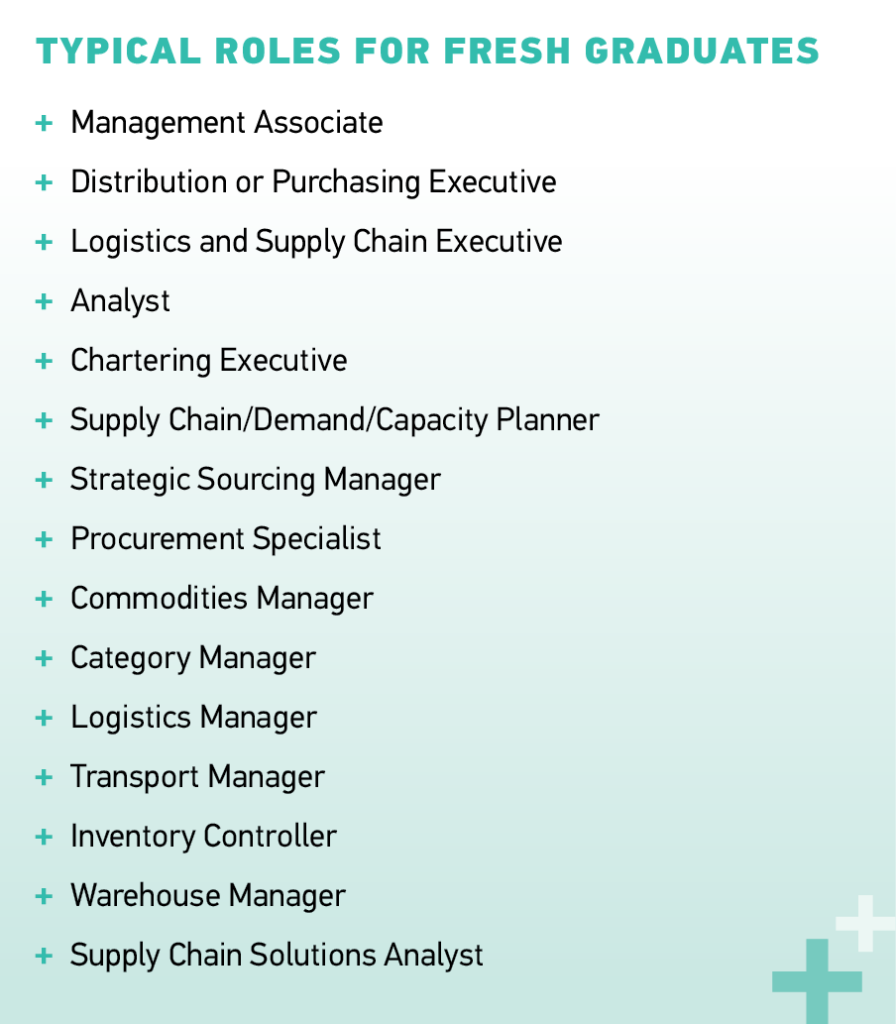A career in logistics and transportation offers exciting long-term prospects while allowing you to play an instrumental role in powering the national economy and global trade.

The complexity of the modern economy means that professionals in the logistics and transportation field are constantly tackling challenges and new developments. The surge of e-commerce, for example, has accelerated demand for logistics services. At the same time, the logistics and transportation sector has had to adapt to unexpected disruptions caused by global events such as the pandemic. These disruptions have unveiled both new challenges and opportunities for logistics and transportation companies, prompting them to develop new digital capabilities to mitigate future disruptions.
Technological advancement is another force that is reshaping the industry. For example, as Singapore makes the shift to Logistics 4.0, modern warehouses in the country will soon rely on automation, robotics and data to manage their operations.
Today, an effective supply chain management and logistics system is all about delivering the right product to the right place at the right time. As companies strive to achieve this, there is a growing demand for specialised skills in logistics information systems, logistics solutions and programme management.


This fast-paced industry will appeal to those who thrive on solving problems in the front line. The global nature of the logistics industry also means exciting prospects for international and cross-industry exposure. Drawn by its dynamic nature, many professionals choose to build lifelong careers in this field. It is also a popular choice with mid-career switchers.
Newcomers to the industry should focus on building their knowledge in logistics operations and supply chain management, while keeping abreast of business and technological trends. Graduates can gain exposure to different aspects of a supply chain, spanning sectors from food, healthcare, retail, electronics, oil and gas, as well as infrastructure and construction.
As the surge in e-commerce continues, recruitment in this sector continues to be healthy, with abundant opportunities to be found in operations, logistics solutions, programme management, process improvements and information systems.
RELEVANT QUALIFICATIONS/SKILLS
- Degree in supply chain management, commerce, engineering or related disciplines
- Good academic record for those looking to join a graduate programme
- Keen interest to grow a career in the logistics industry
- Strong analytical, problem-solving and organisational skills
WHAT RECRUITERS LOOK FOR
- Flexibility and agility, with a zeal for lifelong learning
- Additional logistics and supply chain qualifications acquired through postgraduate courses or industry-certified training
- Experience handling large warehousing and supply chain projects is valued
- Ability to work in a fast-paced and demanding environment







